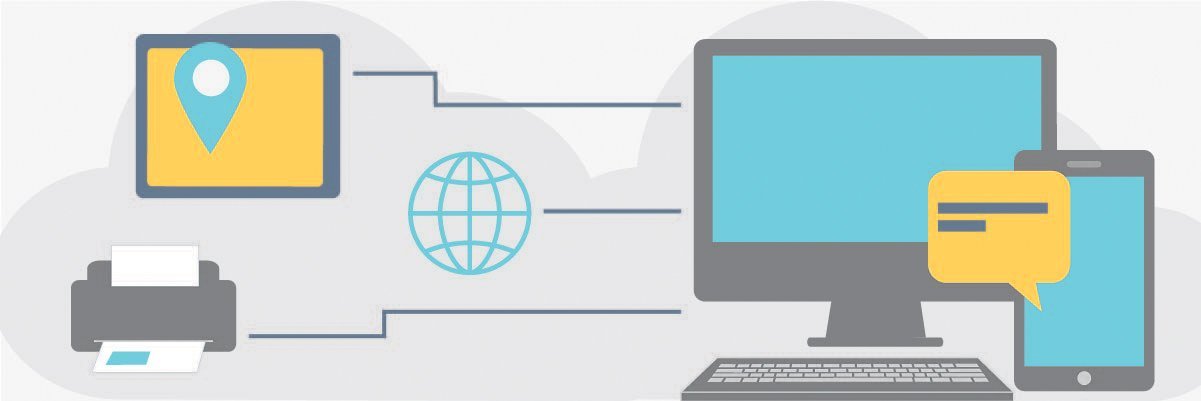Cloud computing
Terms related to cloud computing, including definitions about on-demand, distributed computing and words and phrases about software-as-a-service, infrastructure-as-a-service and storage-as-a-service.


Multi-access edge computing (MEC) is a network architecture concept that brings cloud computing capabilities and IT services ...
Fifth-generation wireless or 5G is a global standard and technology for wireless and telecommunications networks.
No longer just a good idea, IAM is a crucial piece of the cybersecurity puzzle. It's how an organization regulates access to ...
Data masking is a security technique that modifies sensitive data in a data set so it can be used safely in a non-production ...
A chief data officer (CDO) in many organizations is a C-level executive whose position has evolved into a range of strategic data...
User-generated content (UGC) is published information that an unpaid contributor provides to a website.
Compensation management is the discipline and process for determining employees' appropriate pay, incentives, rewards, bonuses ...
HR technology (human resources tech) refers to the hardware and software that support an organization's human resource management...
A virtual agent is an AI-powered software application or service that interacts with humans or other digital systems in a ...
Customer acquisition cost (CAC) is the cost associated with convincing a consumer to buy your product or service, including ...